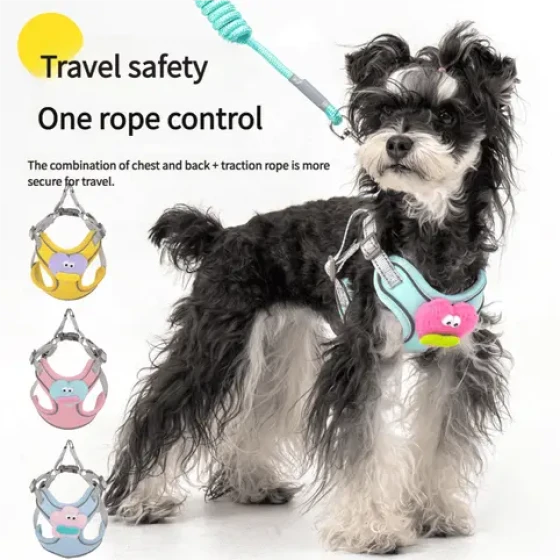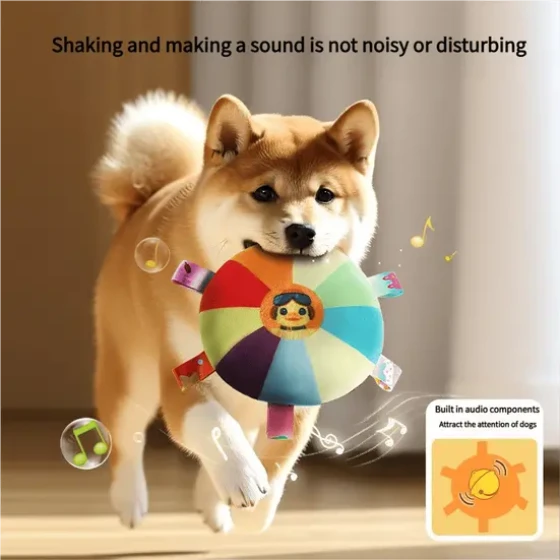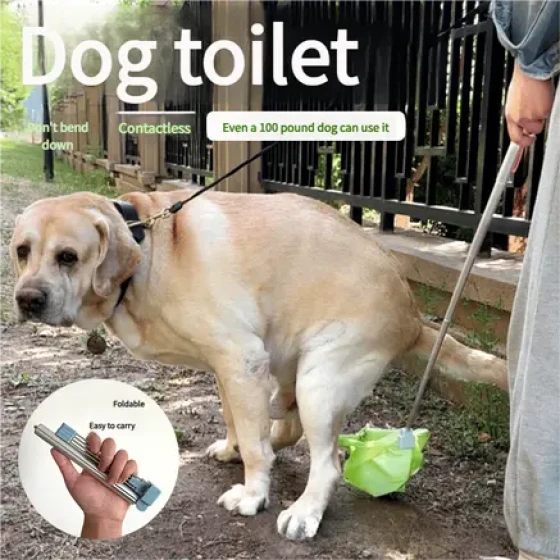How to Train German Shepherd? German Shepherd Training
How to train German Shepherd? Start training when the dog is about eight weeks old. Although they are easy to train, they are also very fierce. Training from puppyhood makes it easier to shape their character and build a bond early. Adult German Shepherds can also be trained well. German Shepherds are very protective of their family. If the owner wants them not to become aggressive and launch an attack as soon as they see strangers, they should let them meet various people and animals while still puppies. This is very important.

How to Train German Shepherd
When they are very young, help them trim nails, clean ears, and groom hair. German Shepherds will grow into large dogs. If the owner wants them not to resist bathing and grooming or vet handling in the future, it’s best to start trimming nails, cleaning ears, taking their temperature, etc., when they are still puppies. It’s much harder to do these things when the dog is already an adult.
Start training with basic commands. Train them to sit, lie down, and squat. The dog may not understand at first. If they don’t follow commands, please be patient. Use food and rewards to entice and train them. German Shepherds like to learn, and if learning is rewarded, they will be more enthusiastic.
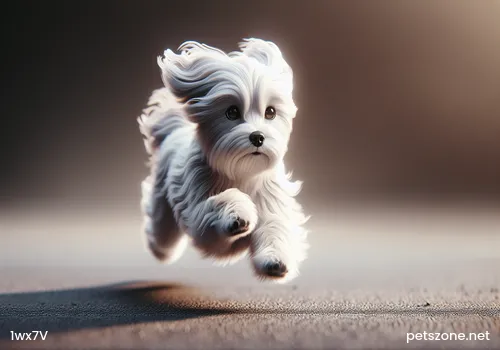
How to Train German Shepherd
Stop food guarding behavior by gently petting them while they eat until they get used to it and no longer become defensive or stop eating because of the touch. If they suddenly become alert, stop eating, or bark uncontrollably, the owner needs to take this seriously and immediately address these stress reactions. Add food to their bowl while they are eating. This way, German Shepherds learn that humans will not take away their food. First, put some kibble or their usual food in the bowl, then add some more food during their meal so the German Shepherd knows humans won't snatch their food.
Use feeding time for training. When dogs want more food, the owner can command them to look at the owner, then have them sit and wait for food. Controlling the food source allows using food as a reward. Once the dog masters a command, the owner doesn't need to reward it every time, only occasionally. Don’t let a dog’s good behavior be only for food. The owner should still praise them but not always give food. If learning a new command, continuously reward them before they master it, especially when they perform excellently.
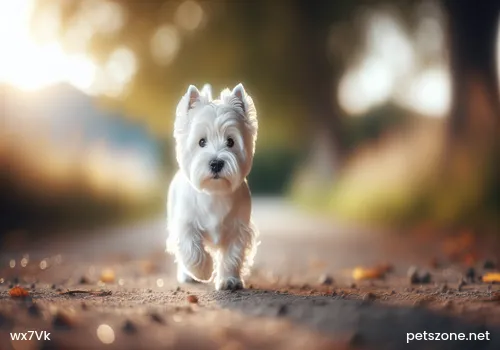
How to Train German Shepherd
Do not shout at them. When the owner is about to lose patience, be sure to end training with a happy tone. Dogs can sense emotions from tone of voice and body language. Train when both the owner and dog are energetic another day. If the owner repeatedly hits a wall in training, consider consulting a professional dog trainer.

